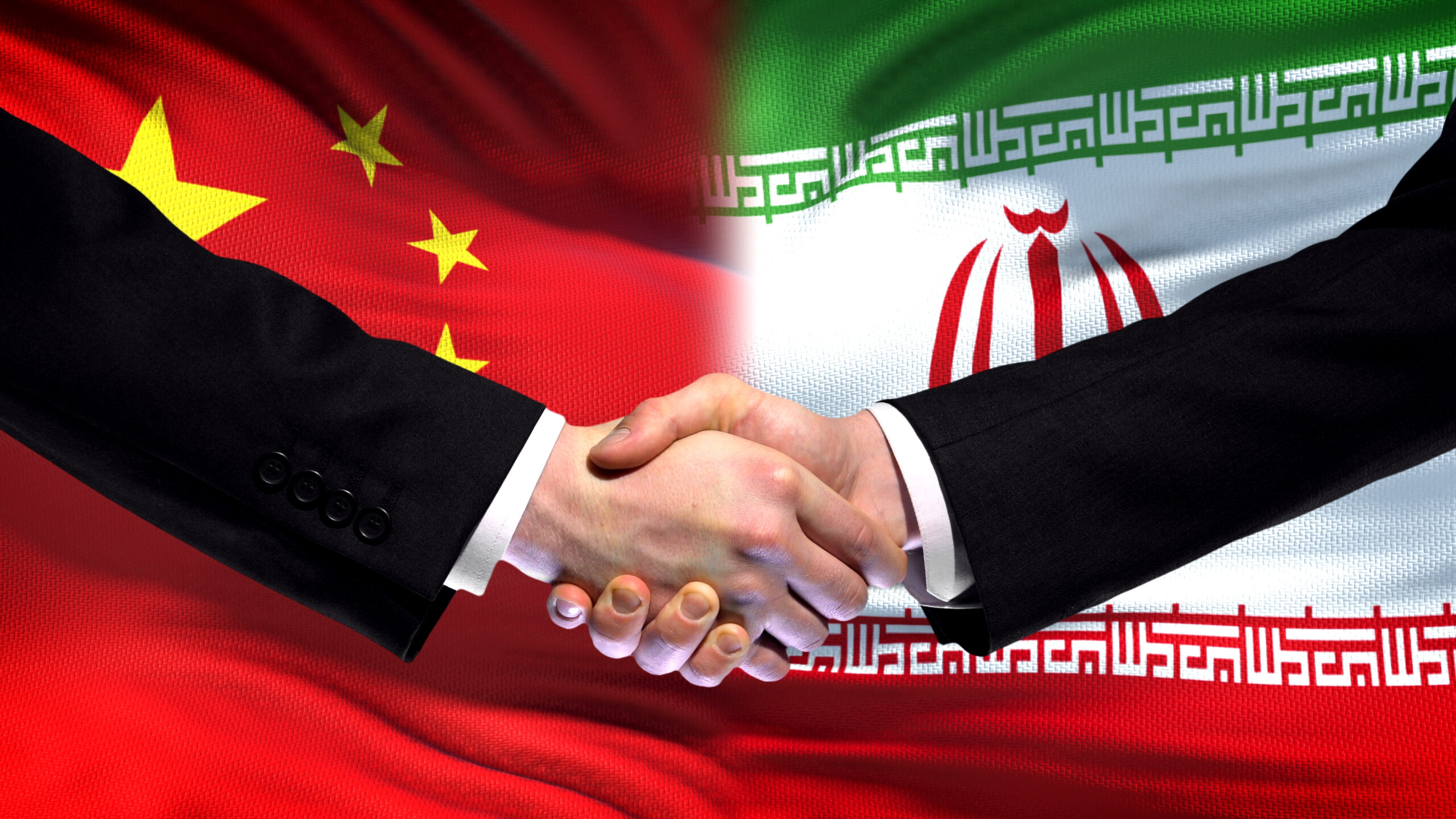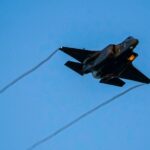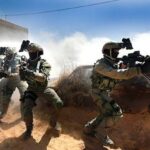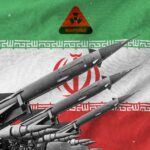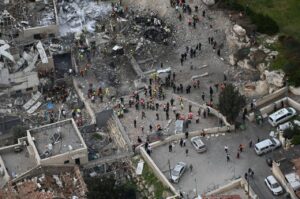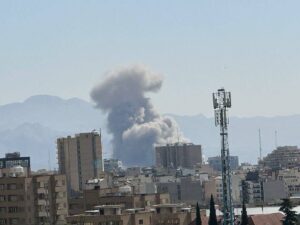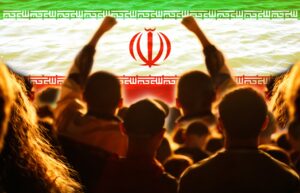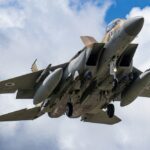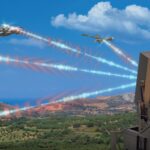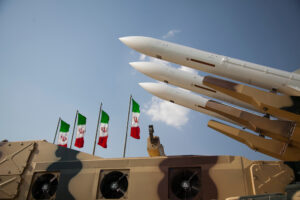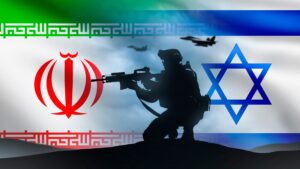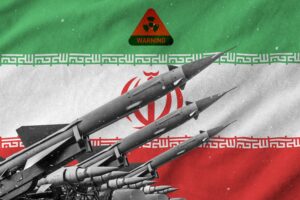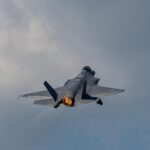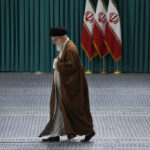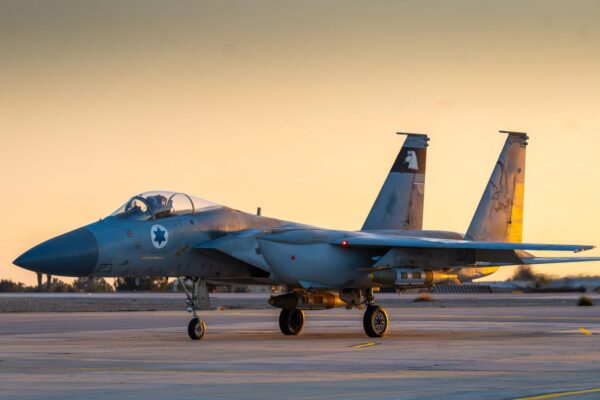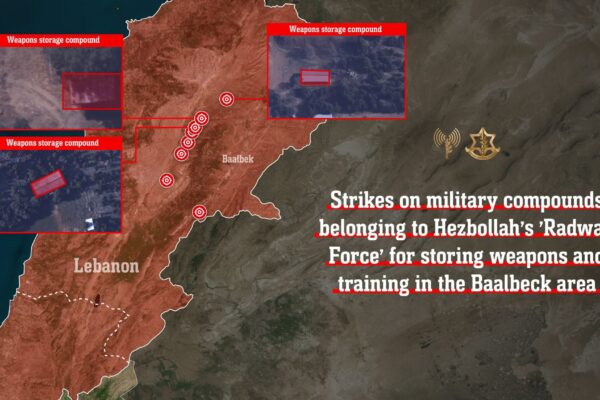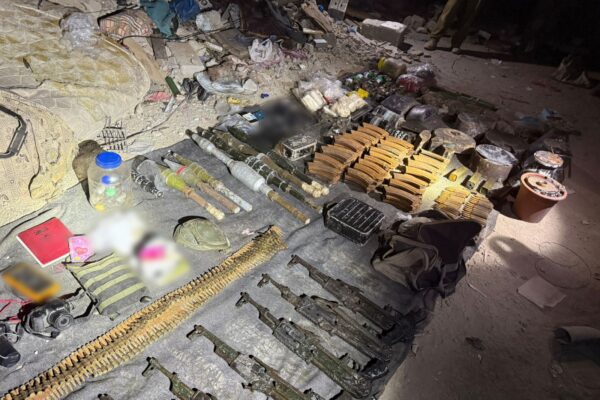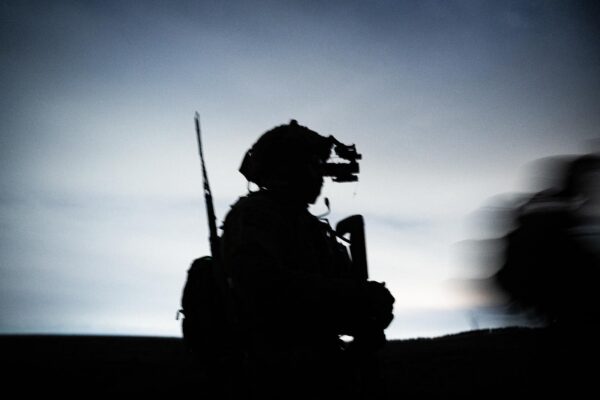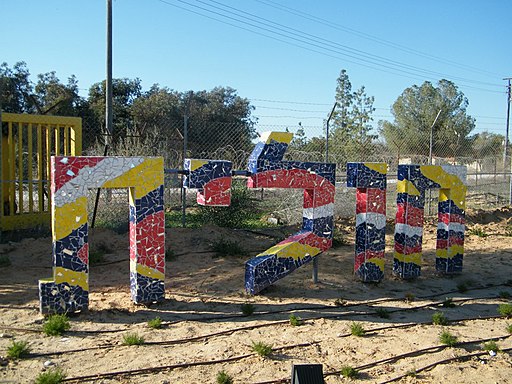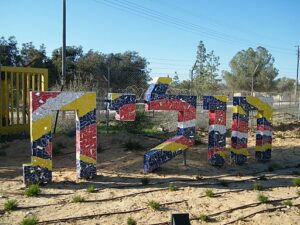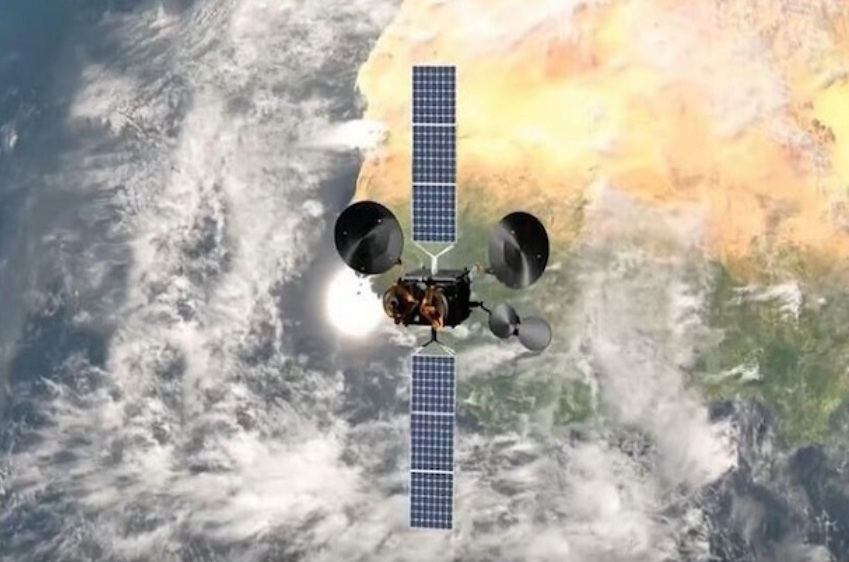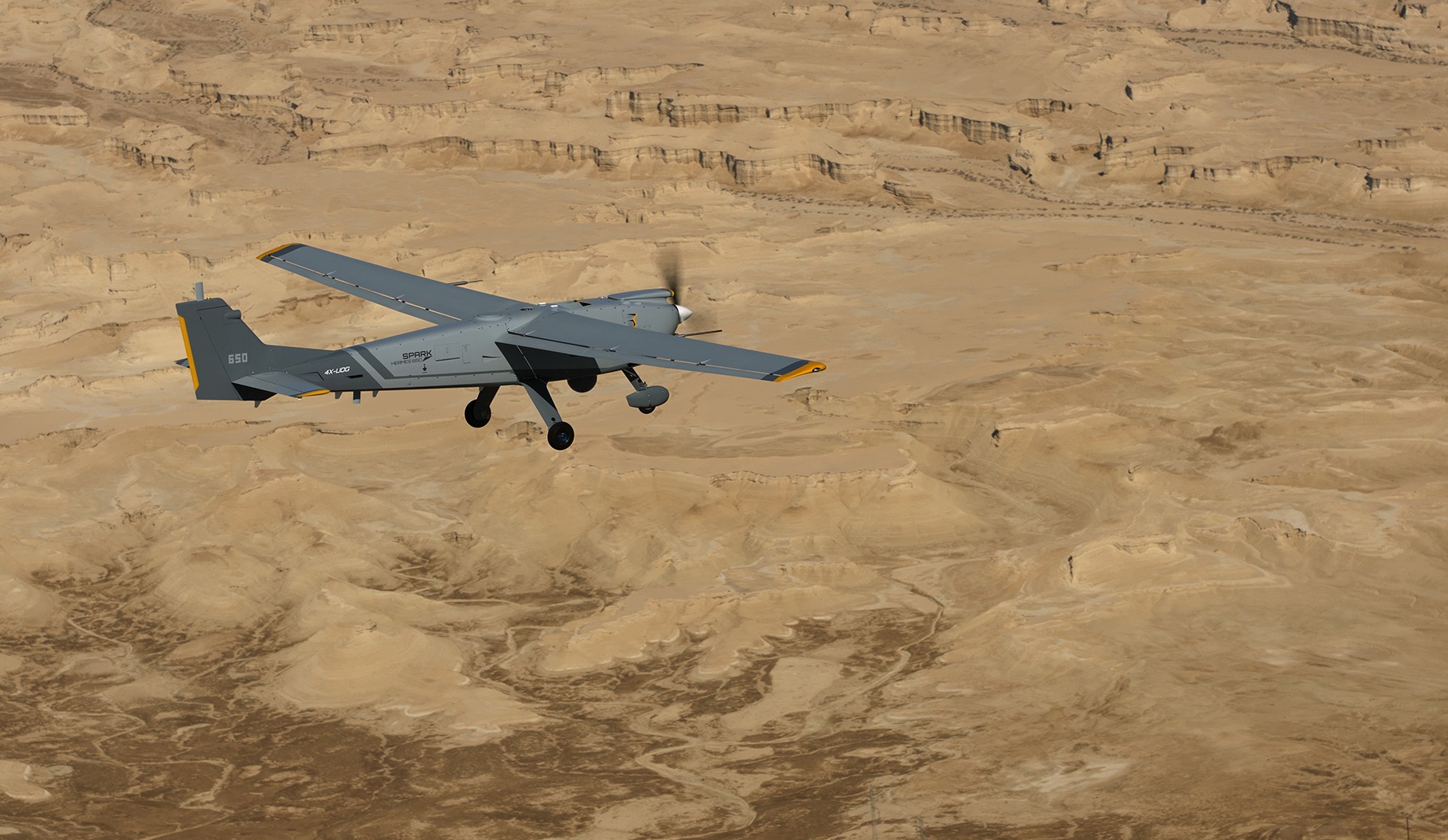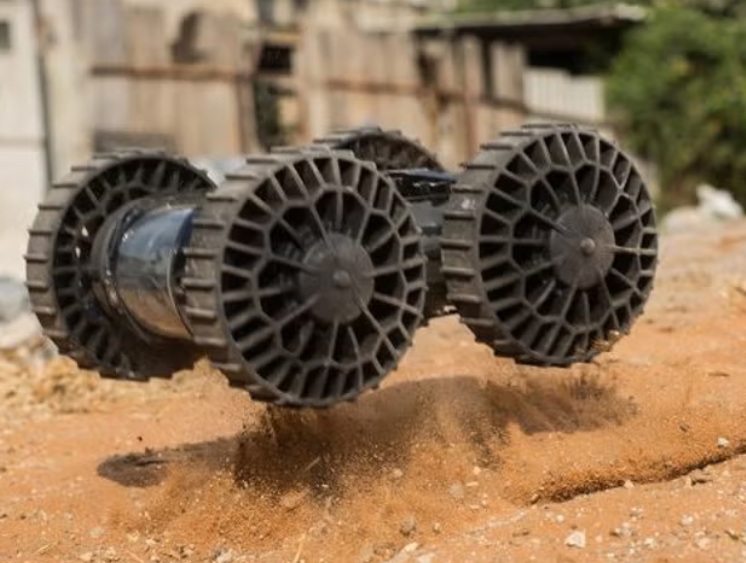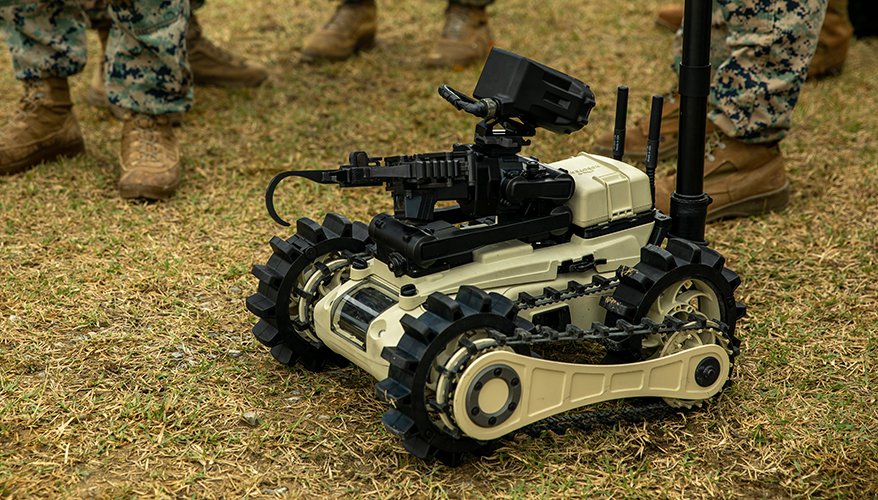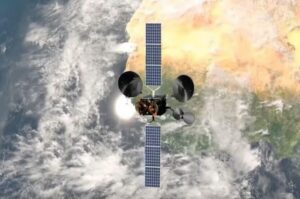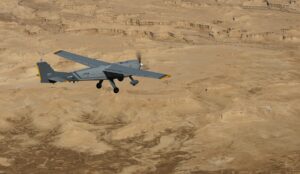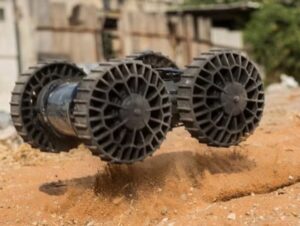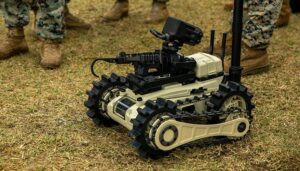Israel’s challenge lies in countering this alliance without triggering direct conflict.
By Hezy Laing
The covert rise of China-Iran military ties presents a growing strategic dilemma for Israel.
Following a recent 12-day conflict involving Israel, the United States, and Iran, Israeli intelligence detected discreet Chinese military shipments to Iran aimed at rebuilding its ballistic missile and air defense capabilities.
These shipments included solid-fuel missile components and advanced surface-to-air systems like the HQ-9B, which rival Russia’s S-300 and significantly enhance Iran’s ability to counter Israeli airstrikes.
China’s involvement complicates Israel’s response, as direct attacks on Chinese-linked assets risk provoking a broader geopolitical crisis with Beijing.
Historically, China and Iran have maintained pragmatic ties since the 1970s, with China supplying arms and dual-use technologies even during periods of international embargo.
Their relationship deepened after the Iran-Iraq war and further expanded following the 2013–2015 nuclear deal.
Today, with deteriorating U.S.-China relations, Beijing views Iran as a strategic partner to counterbalance American influence in the Middle East.
Israel’s challenge lies in countering this alliance without triggering direct conflict.
The recommended strategy includes discreet backchannel diplomacy with China to communicate red lines and emphasize the destabilizing consequences of its military support for Iran.
Economic pressure is also key: China imports roughly 10% of its oil from Iran, making Tehran a critical energy supplier.
Coordinated U.S.-Israeli efforts to restrict Iranian oil exports—through sanctions, maritime interdiction, and financial pressure—could force Beijing to reconsider its support.
Additionally, Israel must intensify covert intelligence and sabotage operations targeting Iran’s missile production and logistics networks, especially those rebuilt with Chinese assistance.
These efforts can delay Iran’s military rehabilitation while avoiding direct escalation.
Regional diplomacy with Gulf states and public exposure of China’s complicity in Iranian rearmament can further isolate Beijing and raise reputational costs.
Ultimately, Israel must adopt a dual strategy of quiet diplomacy and covert disruption to preserve its strategic edge.
By leveraging economic interdependence and intelligence capabilities, Israel can counter the growing China-Iran axis without igniting a broader confrontation.


